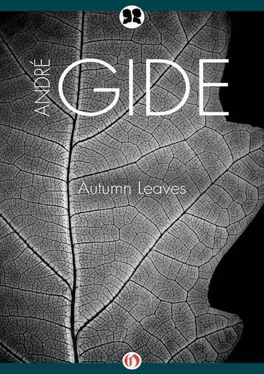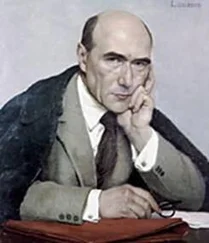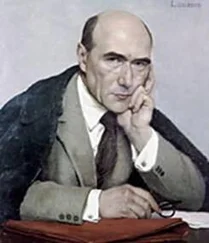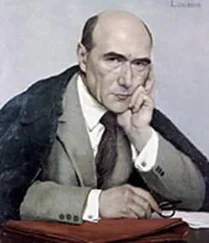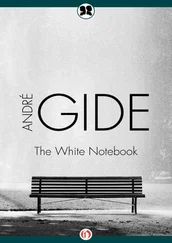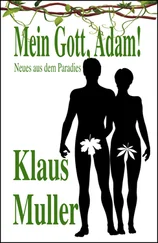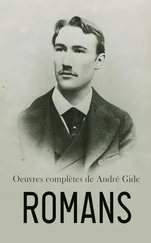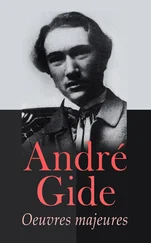Having been sworn in at the Assize Court, I no longer believe very much in Justice. (I am speaking of human justice, for, as for the divine, we shall have to wait for another life, doubtless, to meet up with it.) The disproportion between the crime and the penalty, for the crimes that one is called upon to judge to-day, remains so flagrant that one ends by understanding Lynching Law and the torture of Brinvillier. “An eye for an eye; a tooth for a tooth.” But how many millions of eyes and teeth would Hitler need to be satisfied?… Without going any further, what relationship, what comparison between the fact of having, for so many years, poisoned public opinion in the Action française, Je suis partout or Gringoire, and confinement, even if perpetual, or death? And what is more, is it just that the poisoner should pay no more than the poisoned, and those whose sole crime will be not to have thought afterwards “as one should” (“commerce with the enemy” is often reduced to that, if at least no shameful profit was obtained by that commerce).
Justice and Charity, it is important that it be borne home, often do more than merely differ: they are opposed. And every haphazard compromise that tries to conciliate the two, would be a travesty of both at the same time.
* * * *
Strictly speaking, there is not a question of Justice in all the Evangels. Christians do not take sufficient notice of it. A number of them would be astonished and would protest if they heard it said that it is by that especially that the Christian religion is distinguished from all others; and on that account, it is vain to search, as is done sometimes, for a common ground of understanding between them and it. At heart, they say, we are all searching for the same thing, are we not, Catholic or Protestant Christians, Mussulmen, Jews, disciples of Confucius or of Buddha: love and peace among men, the restriction of personal feelings, the triumph of altruism, etc..… That is a misunderstanding of the unique individualism of Christ’s teaching, never more admirable than where it differs from all the other teachings. The idea of justice remains human. The teaching of the One who said: “Judge not” goes beyond, in a superhuman way (and the believers will say: divinely), justice. What more shocking in respect to justice than the same pay to a worker of the last hour as to the diligent worker? Than the concern for the one lost sheep taking precedence over the attention given to the rest of the flock? Than that preference of the individual to the masses? Than that disconcerting advice not to pull up the weeds, but to let them grow along with the good grain? Than that passport accorded the repentent sinner, before those who practiced good works all their lives? Than that tearing away, through love, from all other obligations considered sacred before?…
Is not that what makes of Christianity that remarkable school of individualism, with which it will fertilize the world? It has already been remarked how favorable for revolutions lands first worked by Christianity prove themselves to be. Would not ignoring or denying this peculiarity take away from Christianity its most singular virtue, take the savor from the salt?
The Christian ideal defies all human prudence. Moreover it does not appear in place at a time when, to turn the left cheek after a slap received on the right, a proceeding contrary to the discipline of armies and to what we call honor, would risk bringing frightful loss on the party, on the homeland, and on all that attaches us to it. All that will be spoken of to-morrow, after victory and peace. But that is what tries certain Christian consciences so sorely, when to-day it is a question of sanctions, purging, and of giving precedence, for what may be a long time, to the entirely human and approximate idea of justice, over the one, so clearly superior, but ruinous, of charity.
THE use of the most expressive words, their best place in the sentence, its flow, balance, rhythm, harmony … yes, all that is a part of “good writing” (and none of it is worth while if it is not natural).
A quantity of words one uses commonly are convenient to use, as long as one does not know any too well what they mean. Everything, in our time, conspires to devaluate that fiduciary coinage that some use in a topsy-turvy way, that others abuse consciously, ready to benefit by the demoralization that results from it. The word “courage” is one of them.
Courage is measured by what one risks; and one calls dare-devils exactly those who risk very little, having practically nothing to lose and all to gain. Most of the time courage gets along without reflection. It is a sudden carrying away of a generous soul puffed up and warmed by enthusiasm, indignation, wrath; the carrying away either by hate or love almost indifferently.
Courage with a refreshed mind and a cool heart is far more meritorious (but what does the merit matter when it is a question of results?). In this, as almost everywhere, the social point of view is opposed to the individual point of view. Here I am concerned only with the latter. So much the worse. “The only courage I respect,” said (so they say) Napoleon, “is that of three o’clock in the morning.” That is to say: courage on an empty stomach. Calm balancing of the end to be obtained and the risk to be run: twofold consideration of
What I risk and what I am after.
as Corneille’s Emilie said, (inexhaustible teaching of our classics! I shall never stop wondering, as a reasonable being, at the beginning of Cinna, so perfectly artful and so little artificial; triumph of reason over passion and instinct; triumph of man over nature, over his nature; triumph of the individual).
Sometimes I have been congratulated on my courage, when I knew and felt myself not brave at all: when what I risked was worth nothing to me, so that losing it was of no importance. And I think that the lack of courage, that I deplore among some, comes from their illusions on the real value of spurious riches, spurious honors and spurious goods. What have I to do with the respect of people I do not respect? I get along easily without it. Less easily when it is a question of friends, of those whose judgment is important to me and on which I set my heart. Sometimes, nevertheless, it has to be risked, if one insists before everything in remaining true to oneself. Come now! Let’s have no misunderstanding. As for respect due to pretense, I don’t want anything to do with it. You will never despise me as much as I despise falsehood. I have great concern for the respect of friendship, but let it not go with a false appearance, with a mask. I am concerned with genuine beings, others and myself; and of connections without trickery.
As for physical courage, I admire it all the more because I do not know whether I am capable of it or not. The man who resists torture, rather than betray a cause by revealing the names of accomplices, deserves the martyr’s palm as much as the greatest saints. The latter at least can hope for a celestial reward; the former nothing. And whatever Pascal may say (Oh! very imprudently), death, the shedding of blood, sufferings endured, none of all that can prove the truth of what one dies or suffers for, nor the number of martyrs, for there are martyrs for every cause, for every conviction, even the worst. There are even great chances.… But I stop on the threshold of what might appear blasphemy. I mean only that the martyrdom of Galileo was not necessary to make the earth revolve; it is not a question of Faith; while, by their devotion, the first Christians witnessed a belief in something incredible; forcing the admission of the inadmissible.
But here now: You don’t wish to admit that the earth revolves?… Let it be as you claim. The “Testis esto” is not out of place in face of what anyone at all is in the act of verifying. Eppur, si muove! … and you can do nothing about it. The conviction of the martyrs can do nothing in favor of the truth; but this proves at least that the Spirit is stronger than the brutality which crushes it. There is something in that which does not convince me, but astounds me. As for the martyr … laic, if I may say so, the most admirable, in my opinion, is the one whom no god approves, sustains or rewards, even with hope.
Читать дальше
